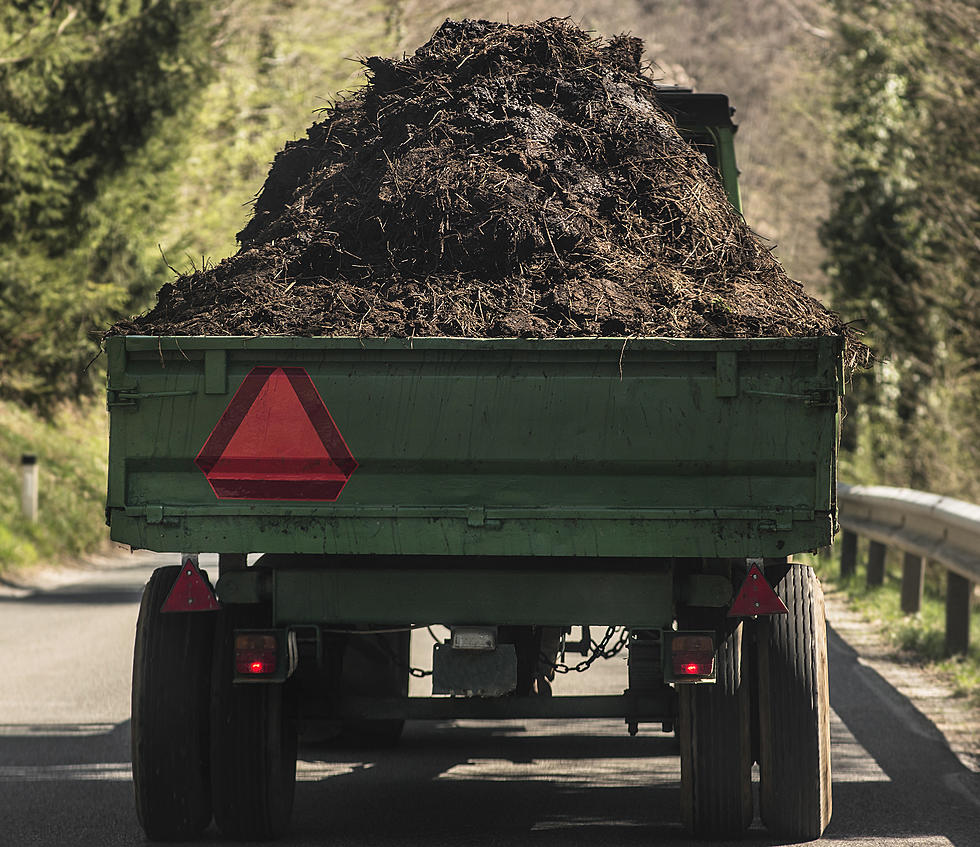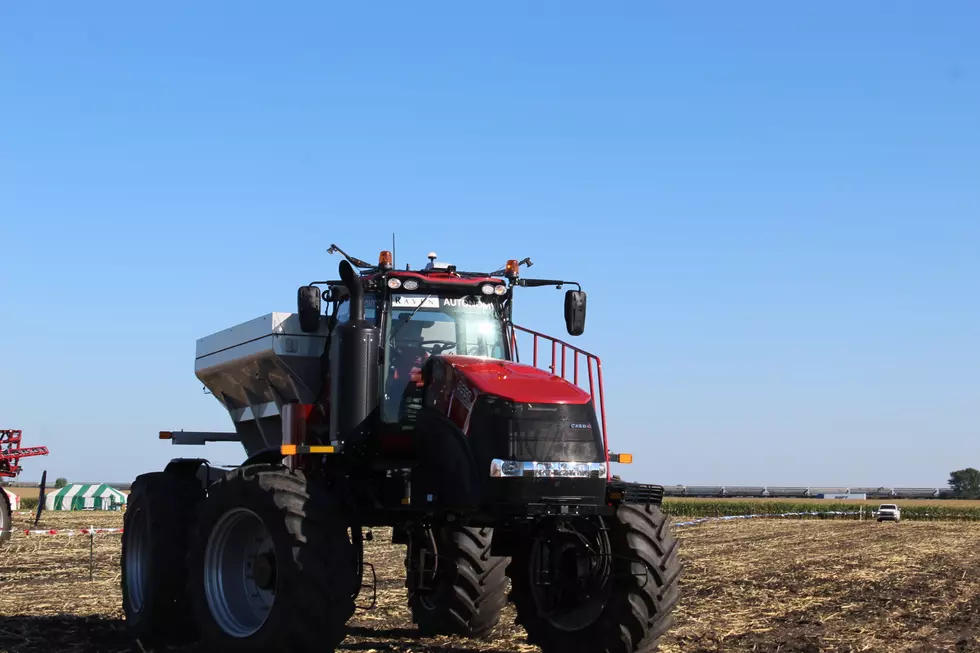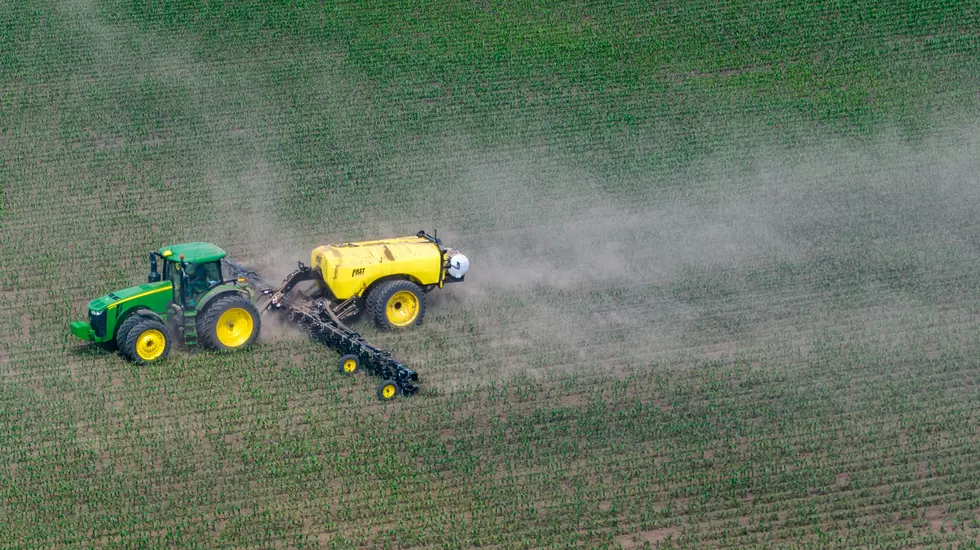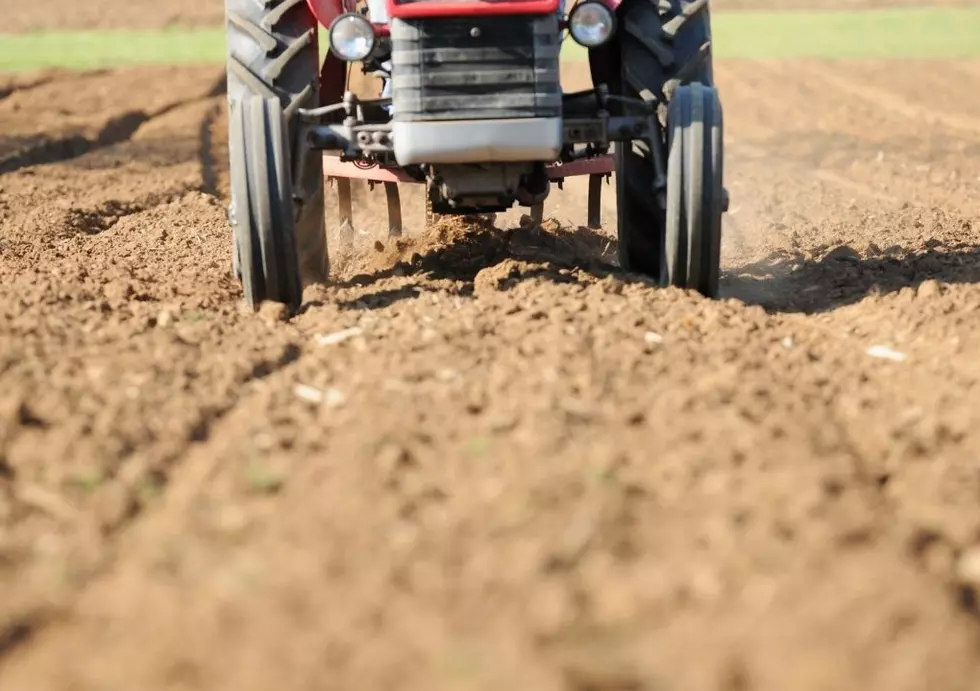
High Fertilizer Prices Could Cause Iowa Farmers To Use Compost
Farming is a risky business. The uncertainty around weather conditions for the upcoming season can make planting crops almost like gambling. And with fertilizer prices on the rise, many farmers are unsure what kind of future this could bring.
These rising prices are causing farmers to maybe think about new ways to provide their crops with the nutrients they need. One way, says an article from NAFB, is by composting waste on your fields.

At a NoTill on the High Plains Event, Zach Wright and Rion Naus of Living Soils Lab spoke about alternative fertilizers. According to Wright, it all starts with knowing what you should be doing with the waste.
“Basically, we just tried to help remind people that waste is food and that waste streams exist all around us, we just have to know what to do with it,” said Wright. “And by composting and composting and correctly, we can utilize those waste streams and turn them into, well, fertility in itself, not to mention sort of habitat for soil microbiology to live in and consume, continue the, I guess, the growth process because we want to grow plants simultaneously to our soil. And with compost, I guess in my humble opinion, I feel like we can achieve that.”
With fertilizer costs jumping anywhere from 80 to 200 percent, these types of solutions can be tempting. While some fertilizer companies are not worried the price will drive down sales, ag economists predict prices will cause farmers to do what they can to reduce fertilizer application. Naus said that composting is a way to alleviate some of those costs.
“Really, the understanding is that compost has to be composed of the microbiology and organisms that perform the form and function that you want them to, to help your crops, to help you do the work that you need to be done,” said Naus. “At that point, having the biology that fixes nitrogen into the soil alleviates the price point of high nitrogen costs because they're accessing the nitrogen that's in the air we breathe because we're working with aerobic or air-breathing ecosystems.”
And before you can actually do this, the first step is learning how to turn waste or trash into a useable resource for your operation.
“I think the first step is realizing that the perspective of you seeing problems can actually be turned into solutions. We talk about waste streams, so really, we're talking about resources that we don't know how to utilize and oftentimes we end up paying to have those resources removed because they're now in the way. Instead, by utilizing those resources and allowing them to be food for the biology themselves, it allows for the nutrition that's tied up in that to become plant available,” said Naus. “And then at that point, something that was a burden becomes a blessing, and not only to you as an individual but to your budget because it's covering the cost of putting that nutrition and that energy back into your farm.”
And before you go out and try to start your compost, Wright said an important part of the puzzle is fungi.
“Because fungi, in addition to bacteria, is literally the bottom of our food chain. And without fungi, we end up with kind of a pile of trash and we call that that residual material that sits on top of our soil, you know oftentimes it's referred to as trash, it's not going anywhere. When we repopulate our soil with beneficial fungi’s, we are promoting a compost literally almost in our soil, on the surface of our soil, and we're recycling those trash residue materials, those carbons and we're fixing them we're humifying them and turning them into humans again versus losing it as a co2.”
Farmers Markets in the Cedar Valley & NE Iowa - List
Things You Should Never Do In Iowa
More From AM 950 KOEL









